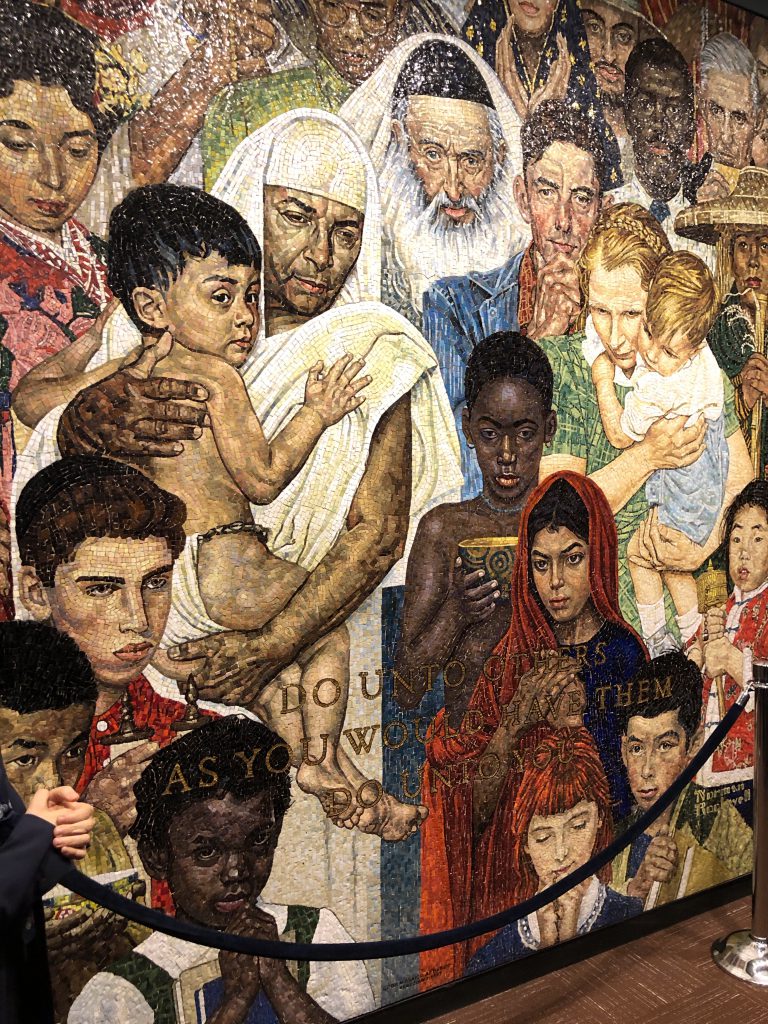
Reflections on Your Brain’s Politics, Chapter 7.3, “Abraham and Isaac … and the moral of the story?
Progressives trust nurturant Gods. Are you a progressive Christian, Jew, Muslim, or another religious follower? Let’s consider how to promote our nurturant Gods. When progressive Americans say, “In God We Trust,” we’re talking about a nurturant God. Moreover, progressive Christians, Jews, and Muslims must get better at framing their nurturing Gods. And non-religious progressives can encourage their religious progressive allies to frame their God empathically. Otherwise, the strict Taliban version of our major religions will stifle empathy and make a democracy impossible.
People of nurturant Gods are ecumenical.
Progressives trust nurturant Gods. In fact, the vast majority of Americans want safe communities. And in safe communities, we can fulfill our lives, and treat everyone, and be treated fairly. Moreover, as religious progressives, we have a duty to link what we want to our nurturant God’s creation. Not only that, we are not free to express a religion that disrespects human rights and seeks their abolishment. After all, not all religious interpretation expands human rights. For example, the hellfire, brimstone, and condemnation by extreme conservatism and its Taliban-like strict father god doesn’t advance human rights. Therefore, religious and non-religious progressives have a duty to promote a more nurturant interpretation of our particular version of God. Furthermore, the people of nurturing Gods are ecumenical. And the people of nurturing Gods can encourage community duties of care. We can call everyone to serve their God through collaboration to expand human rights.
Effective governments are possible when caring citizens are effective nurturers.
Progressives trust nurturant Gods. In addition, such encouragement leads to progressive markets filled with ethical businesses. Moreover, these caring circular economies will be designed by effective caring citizens and their elected representatives. Therefore, progressive policies must be based on an honest, open, and trustworthy assessment of how well we integrate the language of human rights in our daily lives. And whether religious or not, we know one thing for certain about the human brain. Talking about human rights education where we live, strengthens human rights. And effectiveness increases with intentionality and tracking of reframed human rights conversations. And effective governments are possible when caring citizens are effective. Let’s be the solution this week and give away a couple of human rights pocketbooks.

